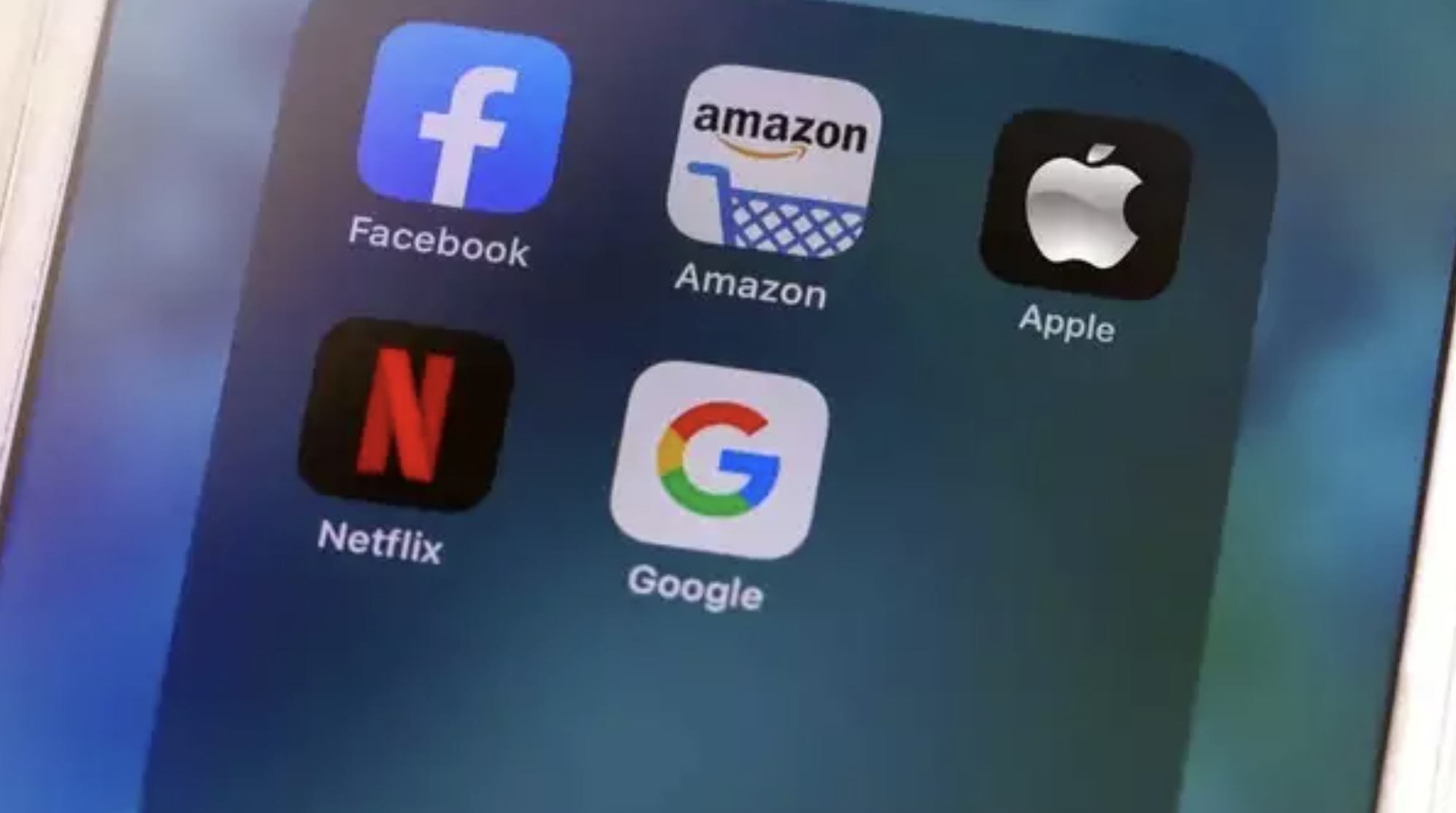Telecom giants in the European region have been asking for a ‘fair share’ fee from technology companies, saying that it could be used to develop better infrastructure and help 5G rollout. Earlier this week, Michael Trabbia, chief technology and security officer of Orange, said that without the telcos, without the network, there is no Netflix, there is no Google. His statement comes at a time when telecom bosses are targeting mainly US companies that have built their multi-million businesses.
Here’s what telecom operators have to say
Telecom giants argue that large internet firms have built their businesses on the back of the billion in investments that telcos have made in internet infrastructure. As per a report by CNBC, Google, Netflix, Meta, Apple, Amazon and Microsoft generate nearly half of all internet traffic today.
Executives of Telecom operators raised the issue at recently concluded Mobile World Congress (MWC) in Barcelona. Apart from Trabbia, the CEO of German telecom group Deutsche Telekom, Tim Hoettges, also attacked the US companies asking why these companies couldn’t “at least a little bit, contribute to the efforts and the infrastructure which we are building here in Europe.”
Howard Watson, chief technology officer of BT, echoed the comments while drawing an analogy saying that Google and Apple’s app stores also charge developers a cut of in-app sales in return to use their services, CNBC reported.
The European Commission has already opened a consultation to examine how to address the imbalance.
Technology companies hit back
Technology giants have termed the fee as “tax” which will have an “adverse effect” on consumers.
Netflix co-CEO Greg Peters said at MWC that tech companies requiring to pay for network upgrades would make it harder to develop popular shows. He said that the company already spends heavily on content delivery.
Tech firms also say that carriers already receive money to invest in infrastructure in the form of charges they get from customers for calling, text and data fees.
Issue in India
Recently, the Internet and Mobile Association of India (IAMAI), which represents the interests of the online and mobile value-added services industry, also slammed the Cellular Operators Association of India (COAI) which sought a ‘revenue sharing’ model. IAMAI said that seeking a framework which includes carriage fees payment to telcos by OTTs is “a covert attempt to dilute net neutrality in India”.
IAMAI also said that the sending party network pays (SPNP) model will allow telecom service providers to exploit internet businesses by formalising rent-seeking.
Here’s what telecom operators have to say
Telecom giants argue that large internet firms have built their businesses on the back of the billion in investments that telcos have made in internet infrastructure. As per a report by CNBC, Google, Netflix, Meta, Apple, Amazon and Microsoft generate nearly half of all internet traffic today.
Executives of Telecom operators raised the issue at recently concluded Mobile World Congress (MWC) in Barcelona. Apart from Trabbia, the CEO of German telecom group Deutsche Telekom, Tim Hoettges, also attacked the US companies asking why these companies couldn’t “at least a little bit, contribute to the efforts and the infrastructure which we are building here in Europe.”
Howard Watson, chief technology officer of BT, echoed the comments while drawing an analogy saying that Google and Apple’s app stores also charge developers a cut of in-app sales in return to use their services, CNBC reported.
The European Commission has already opened a consultation to examine how to address the imbalance.
Technology companies hit back
Technology giants have termed the fee as “tax” which will have an “adverse effect” on consumers.
Netflix co-CEO Greg Peters said at MWC that tech companies requiring to pay for network upgrades would make it harder to develop popular shows. He said that the company already spends heavily on content delivery.
Tech firms also say that carriers already receive money to invest in infrastructure in the form of charges they get from customers for calling, text and data fees.
Issue in India
Recently, the Internet and Mobile Association of India (IAMAI), which represents the interests of the online and mobile value-added services industry, also slammed the Cellular Operators Association of India (COAI) which sought a ‘revenue sharing’ model. IAMAI said that seeking a framework which includes carriage fees payment to telcos by OTTs is “a covert attempt to dilute net neutrality in India”.
IAMAI also said that the sending party network pays (SPNP) model will allow telecom service providers to exploit internet businesses by formalising rent-seeking.

